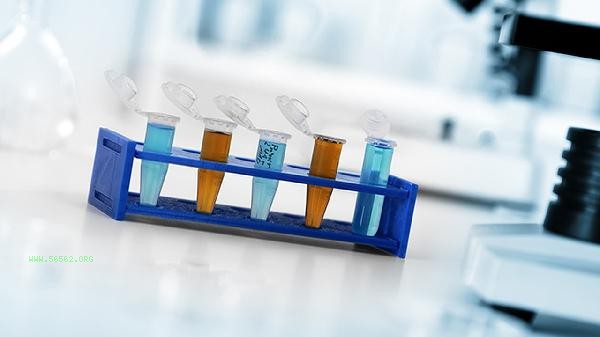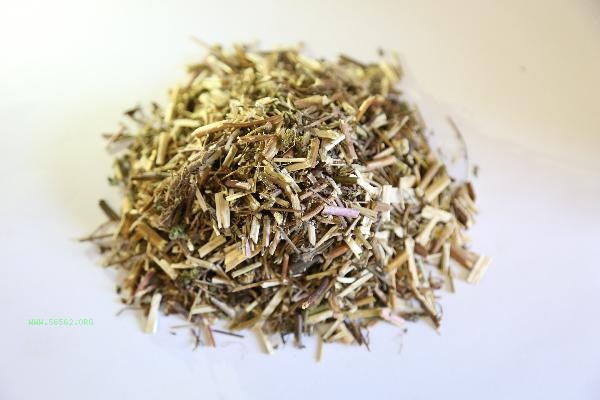The drug therapy for hematological diseases mainly includes five categories: anti anemia drugs, anticoagulants, procoagulants, immunomodulators, and targeted drugs.
1. Anti anemia drugs:

is used to treat various types of anemia. Common drugs include ferrous sulfate iron deficiency anemia, leaf acid megaloblastic anemia, and recombinant human erythropoietin renal anemia. Iron supplements need to be combined with vitamin C to promote absorption, folic acid is suitable for anemia caused by pregnancy or malnutrition, and erythropoietin is mainly used for anemia caused by chronic kidney disease.
2. Anticoagulants:
is commonly used for the prevention and treatment of thrombotic diseases, including warfarin, heparin, and rivaroxaban. Warfarin requires regular monitoring of coagulation function, heparin is commonly used for intravenous injection during the acute phase, and new oral anticoagulants such as rivaroxaban are more convenient to use, but attention should be paid to the risk of bleeding. This type of medication is widely used in patients with atrial fibrillation and deep vein thrombosis.
3. Anticoagulants:

is used for hemorrhagic diseases, including tranexamic acid fibrinolysis, vitamin K coagulation factor deficiency, and prothrombin complex hemophilia. Vitamin K can reverse warfarin overdose, and coagulation factor preparations are used as a substitute therapy for genetic coagulation disorders. The indications for use must be strictly controlled.
4. Immunomodulators:
is used to treat immune hematological diseases such as cyclosporine aplastic anemia, glucocorticoid induced immune thrombocytopenia, and rituximab induced autoimmune hemolytic anemia. These drugs work by regulating immune function, and long-term use requires monitoring of infection risk and liver and kidney function.
5. Targeted drugs:
targets malignant hematological diseases, including imatinib chronic myeloid leukemia, bortezomib multiple myeloma, and Vinaterina acute myeloid leukemia. Targeted drugs specifically target diseased cells and have fewer side effects compared to traditional chemotherapy, but drug resistance may occur and treatment efficacy needs to be evaluated regularly.

Medication for hematological diseases should strictly follow medical advice and undergo regular check ups of blood routine, coagulation function, and other indicators. Maintain a balanced diet during treatment, and anemic patients can increase their intake of foods rich in iron and folate appropriately; Individuals taking anticoagulant drugs should control their intake of vitamin K; Avoid strenuous exercise and trauma to prevent bleeding. If symptoms such as abnormal bleeding, persistent fever, or severe fatigue occur, timely medical attention should be sought to adjust the treatment plan. There are interactions between different drugs, and when combining medications, it is necessary to inform the doctor of the entire medication history.








Comments (0)
Leave a Comment
No comments yet
Be the first to share your thoughts!